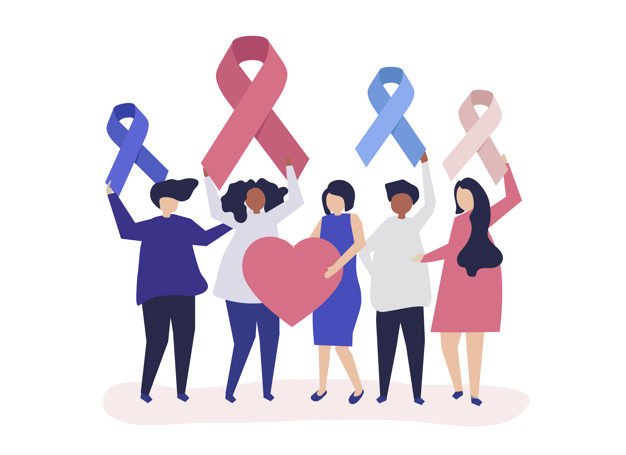
Cancer can lead patients and their loved ones to experience many mental health concerns. We are largely aware of the physical challenges that may impact cancer patients. Many patients and their caregivers experience intense grief reactions when they are initially diagnosed. There can be lingering PTSD (post-traumatic stress disorder) among cancer survivors, patients, and their loved ones.
The most common mental health conditions are those related to adjustment and emotions. This usually begins with shock at the potentially fatal diagnosis, as well as the fear of the unknown regarding the outcome of their disease for patients themselves and their loved ones. Then, there is the experience of fatigue, depression and cognitive decline due to the illness and its treatment. Following the treatment protocol is equally stressful for patients and their caregivers. They also have to adjust with the reduced ability to do personal chores along with difficulty in carrying out previously common and pleasurable activities. Needless to say, these stresses and emotions increase manifold if the prognosis is poor and the doctors believe that the person has a limited life span. Every aspect of their lives changes with this one diagnosis.
For this, mental health treatment and preservation is extremely important for the patients and their loved ones. Psychologists and therapists can help in the adjustment process and emotional management. Also, support is required to manage the stress reactions and emotions related to the diagnosis. Depressive and anxious symptoms along with lifestyle adjustments are needed during the treatment process. Even if treatment is not possible and palliative care is suggested, these emotional management skills, as well as awareness and preparation for the upcoming loss, is needed.

The most common emotional problems experienced by patients and their loved ones are shock, grief, depression, generalized anxiety, post-traumatic stress experiences, difficulties in focus and concentration, fulfilling other responsibilities in life, and getting back to routine. All of these are also combined with financial stresses, physical exhaustion, and fear of the unknown. Therapy offered depends upon the severity of the prognosis as well as the emotional reactions in both the patients and their caregivers. Therapy can be individually designed to meet these specific needs.

Nobody should have to deal with such a major health condition on their own. Just as doctors play an important role in the treatment of the disease, therapists help in maintaining optimal mental health for cancer patients, survivors, and their loved ones.
Recent Comments